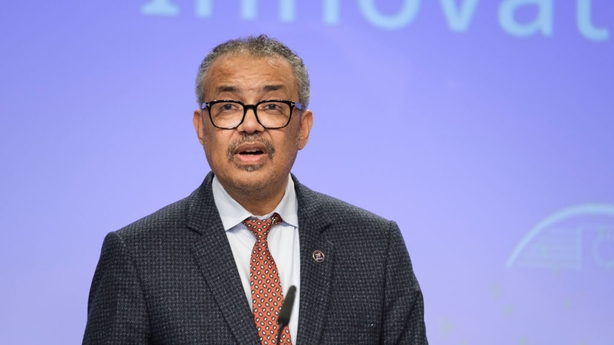An emergency committee will be convened to discuss whether the current mpox outbreak in the Democratic Republic of Congo represents a public health emergency of international concern, World Health Organization chief Tedros Adhanom Ghebreyesus said.
The current mpox outbreak in the Democratic Republic of Congo (DRC) has already seen around 27,000 cases, and claimed more than 1,100 lives, most of them children, since the beginning of 2023.
Deadlier and more transmissible than previous forms, the mpox strain known as the Clade Ib subclade is spread person-to-person.
Clade Ib strain causes skin rashes across the whole body, unlike other strains where lesions and rashes are usually limited to the mouth, face and genitals.

Researchers have said the mortality rate from the strain can be as much as 10% among children.
The Congolese government acknowledged last month an "exponential increase" in cases.
"The disease has been seen in the displacement camps around Goma in North Kivu where the extreme population density makes the situation very critical," Louis Albert Massing, medical coordinator for Doctors Without Borders in DRC said.
"The risks of explosion are real given the enormous population movements" in the conflict-ridden region, which borders several countries, he added.
In the past month, about 50 confirmed and more suspected cases of mpox have been reported in Burundi, Kenya, Rwanda and Uganda.

